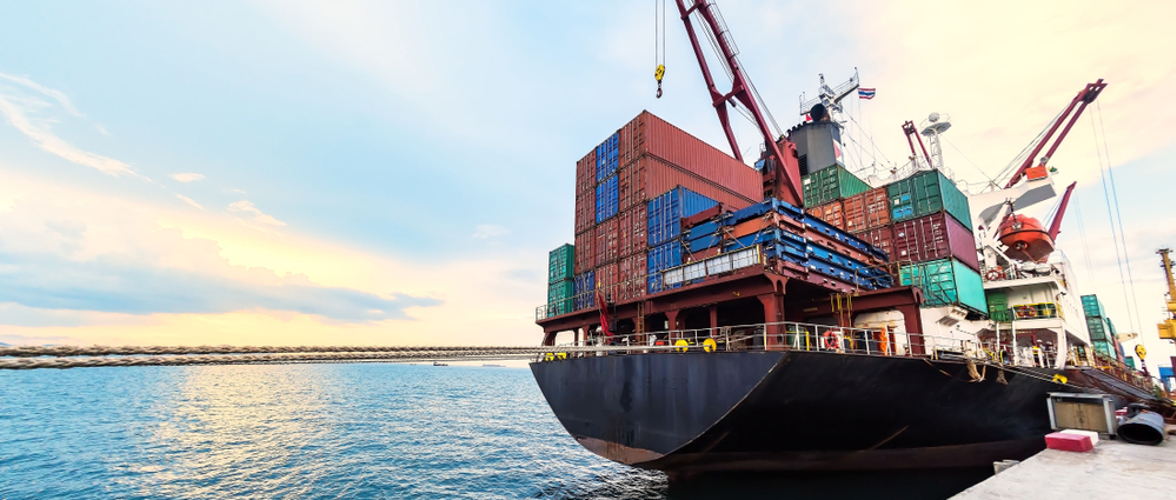While most of the economy is expected to rebound from the COVID-19 pandemic in 2021-22, several industries will likely lag behind. IBISWorld has investigated which industries stand to post the largest revenue declines in the year ahead. These industries include Apartment and Townhouse Construction, Air Freight Services, Petroleum Refining, Liquor Retailing, and Iron Ore Mining.
Multi-Unit Apartment and Townhouse Construction
Revenue across the Multi-Unit Apartment and Townhouse Construction industry is expected to decline by 18.9% in 2021-22, to $28.4 billion. Excess stock is anticipated to drive this decline amid weak population growth, as low immigration undermines demand for dwellings.

Accelerated growth in apartment construction has lifted unsold stock levels and increased vacancy rates in several metropolitan markets over the past five years, particularly in Melbourne and Brisbane. Multi-unit residential commencements are projected to fall to a low at an estimated 50,600 dwelling units in 2021-22, before rebounding to reach 99,450 dwelling units by 2025-26. The initial short-term decline corresponds with the completion of several major developments including the Greenland Centre in Sydney, Brisbane Skytower, The One in Brisbane, Australia 108 in Melbourne and the $1.0 billion 80-storey Queens Place development in Melbourne.
However, industry revenue is forecast to rebound, growing at an annualised 9.6% over the five years through 2025-26, to reach $55.6 billion. Continued low interest rates will likely support demand for housing, although mortgage affordability is anticipated to continue deteriorating.
Air Freight Services
The Air Freight Services industry is expected to decline by 17.1% in 2021-22, to $6.5 billion. Revenue for the industry spiked by 27.2% in 2020-21, as fewer flights in the Domestic Airlines industry significantly reduced air freight capacity, driving up prices. In the next financial year, this situation is expected to reverse as domestic air travel recovers. Although supply is anticipated to normalise, air freight prices will likely remain elevated relative to the pre-pandemic period. Commercial passenger airlines are expected to gradually lift freight capacity in an attempt to ensure route profitability.
External competition for domestic freight services is projected to intensify over the next five years. Alternative services to airfreight, such as domestic road or rail transport, will likely account for a higher proportion of cargo demand over the period, as these modes of transport are often less expensive. Overall, industry revenue is expected to decline at an annualised 4.5% over the five years through 2025-26, to $6.2 billion.
Petroleum Refining and Petroleum Fuel Manufacturing
The Petroleum Refining and Petroleum Fuel Manufacturing industry has faced difficult conditions over the past two decades. In 2021-22, two of the four remaining refineries in Australia are expected to exit and cause industry revenue to decline by 15.0%, to $6.6 billion. Large, low-cost refineries have been developed in Asia that are capable of meeting Australian fuel standards, structurally shifting the way Australians acquire petroleum products. Several refineries have been converted to import terminals, contributing to greater import penetration in the petroleum market.
In October 2020, BP announced plans to close its Kwinana refinery in Western Australia, and convert the facility to an import terminal. Production at the Kwinana refinery ended in March 2021. In February 2021, ExxonMobil also announced plans to close its Altona refinery in Victoria, with production expected to end in 2021.
Overall, industry revenue is projected to decrease at an annualised 2.9% over the five years through 2025-26, to $7.1 billion. Anticipated increases in import volumes will likely contribute to revenue declines over the period. However, forecast increases in vehicle numbers in Australia and a recovery in aircraft kilometres flown are projected to partially offset declines in revenue.
Liquor Retailing
Revenue across the Liquor Retailing industry surged by 11.7% in 2020-21, as COVID-19 containment measures led to the closure of businesses in the Restaurants and Pubs, Bars, and Nightclubs industries. For many consumers, direct sales through liquor retailers were the only remaining way to access alcohol. In 2021-22, this trend is expected to reverse as the COVID-19 vaccination rollout enables hospitality establishments to return to normal conditions. As a result, revenue is expected to decline by 14.1% in 2021-22, to $13.2 billion.
Liquor retailing revenue is forecast to decline at an annualised 2.7% over the five years through 2025-26, to $13.5 billion. Retail demand for liquor is projected to return to pre-pandemic levels, although online retail channels will likely meet a rising share of this demand. The rising popularity of premium alcohol, and greater at-home consumption of spirits and premium beer are anticipated to be the main growth drivers over the next five years.
Iron Ore Mining
The Iron Ore Mining industry has been a standout performer throughout the COVID-19 pandemic, as prices for the steel input have risen by 22.1% on the back of strong demand from Chinese steel mills. However, conditions will likely normalise in 2021-22, with the price of iron ore expected to decline by 21.5%, to $US104.4 per metric ton. As a result, industry revenue is expected to decline by 10.2%, to $115.5 billion.
Iron ore mining revenue is forecast to decrease at an annualised 5.8% over the five years through 2025-26, to $95.4 billion. Revenue is expected to continue declining in 2022-23 amid falling prices. While trade relations between China and Australia remain tense, iron ore mining is unlikely to be seriously disrupted due to the strong mutual reliance on the industry.
IBISWorld reports used to develop this release:
- Multi-Unit Apartment and Townhouse Construction in Australia
- Air Freight Services in Australia
- Domestic Airlines in Australia
- Liquor Retailing in Australia
- Restaurants in Australia
- Pubs, Bars, and Nightclubs in Australia
- Iron Ore Mining in Australia
For more information, to obtain industry reports, or arrange an interview with an analyst, please contact:
Jason Aravanis
Strategic Media Advisor – IBISWorld Pty Ltd
Tel: 03 9906 3647
Email: mediarelations@ibisworld.com








